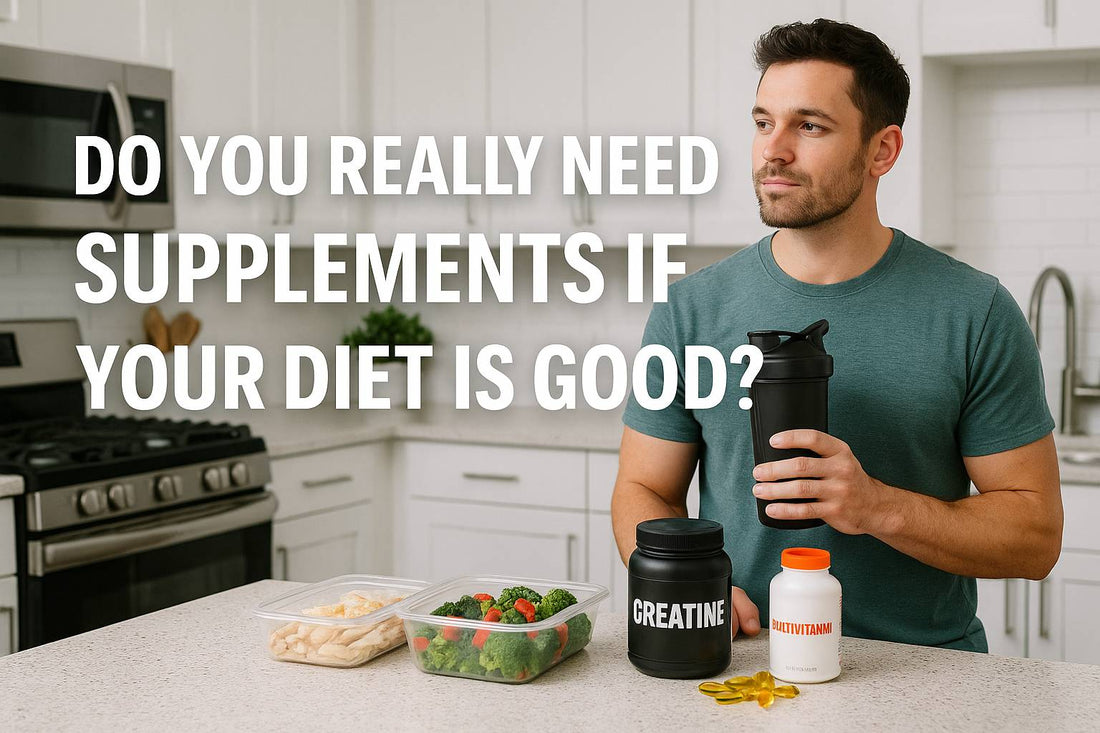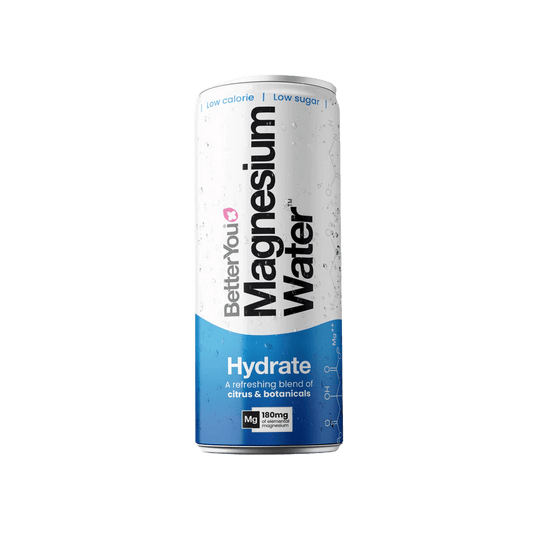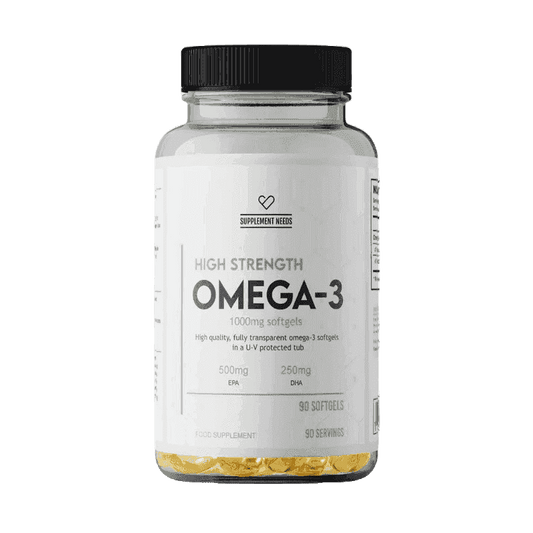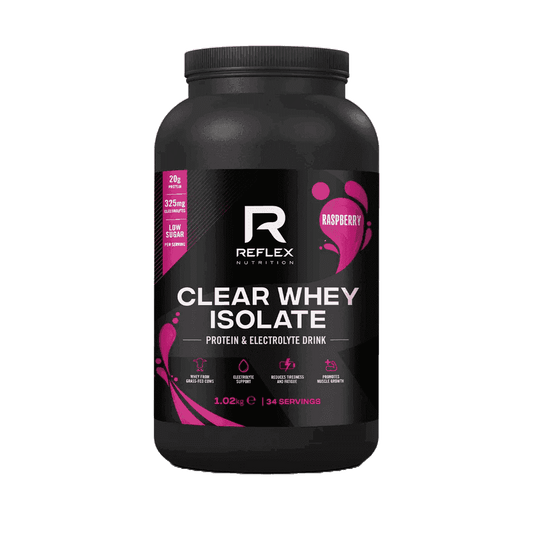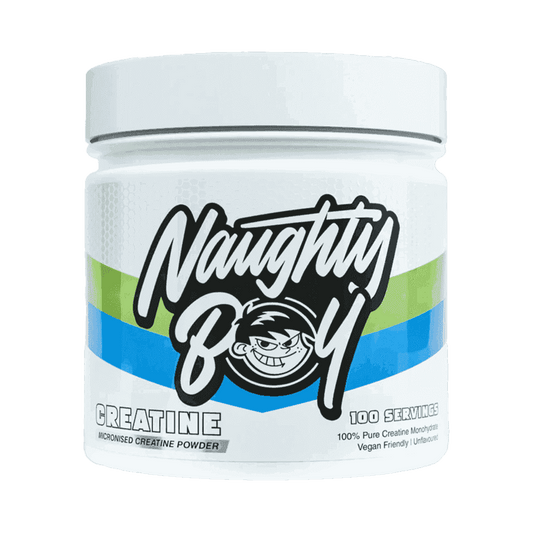Introduction: When “Healthy Eating” Isn’t the Whole Story
Picture this: you’re meal‑prepping fresh veg, whole grains, lean protein. Your macros are on point, your water bottle never leaves your side, and you haven’t touched a takeaway menu in weeks. By all accounts, your diet is golden.
So here’s the million‑pound question: if you’re eating so well, do you really need supplements?
It’s tempting to say no — that food should cover it all. And in a perfect world, it might. But between modern farming, long workdays, and stress‑heavy lifestyles, “perfect” is rare. Supplements aren’t about replacing food; they’re about shoring up the cracks even the best diets leave behind.
This blog cuts through the wellness noise. We’ll unpack whether you need supplements with a good diet, where the gaps actually lie, and which products are worth your money (and your time).
1) Do I Need Supplements If I Have a Healthy Diet?
Here’s the uncomfortable truth: even if you’re eating like a nutrition textbook, chances are you’re still short on some essentials.
Why?
-
Nutrient decline in food: Studies show that soil depletion has cut magnesium and zinc levels in fruit and veg compared to 50 years ago.
-
Lifestyle factors: Coffee, alcohol, and stress deplete B‑vitamins and magnesium.
-
Absorption issues: Some nutrients, like Vitamin B12, become harder to absorb as early as your 30s.
-
UK sunlight reality: Vitamin D deficiency is common even in otherwise healthy adults.
Supplements aren’t here to replace food — they make sure your bases are covered.
💡 Applied Nutrition Multi‑Vitamin Complex helps fill those subtle but significant nutritional gaps, especially for active people balancing training, work, and family life.

2) Can I Be Healthy Without Supplements?
Technically, yes. But let’s be honest: “healthy” is a spectrum.
You might feel fine — but are you operating at 100%?
Without supplements, many people coast at 70–80%. They don’t notice the slow creep of fatigue, poorer recovery, or nagging stress until it’s too late. Supplements ensure:
-
Energy doesn’t dip mid‑afternoon.
-
Recovery from workouts is smoother.
-
Stress and sleep are supported hormonally, not just mentally.
-
Immunity stays strong through seasonal bugs.
It’s not about surviving; it’s about thriving.
💡 Naughty Boy Prime Creatine — one of the most research‑backed supplements ever. It’s not just for muscle; creatine supports brain health and recovery too.
3) Are Supplements Really Worth Taking?
This is where the sceptics pipe up: “But supplements are just expensive pee.”
Wrong.
When you buy quality, clinically‑dosed products, they pay dividends in performance, energy, and long‑term health. The trick is knowing which ones matter.
Worth‑it categories:
-
Multivitamins: Daily insurance policy.
-
Creatine: Power, strength, cognition — works at 30 as well as at 20.
-
Omega‑3s: Joints, heart, inflammation, mood.
-
Protein powders: Consistency and convenience for busy lives.
-
Magnesium: Sleep, recovery, stress.
Skip the hype. Stick to the evidence.
💡 Supplement Needs Omega 3 delivers premium, clean‑label omega‑3 for inflammation, joint health, and cardiovascular support.
4) How Do I Know If I Need Supplements?
Not every deficiency comes with flashing warning signs. Most whisper.
Common red flags:
-
Afternoon energy crashes
-
Sore muscles that linger days
-
Brain fog or low motivation
-
Restless sleep despite 7–8 hours
-
Frequent colds or slow recovery from training
If these sound familiar, your diet may not be enough.
💡 Reflex Clear Whey Isolate is a protein source that’s easy to digest, refreshing, and perfect for hitting daily protein goals when food alone falls short.

5) What Is the One Supplement Everyone Should Take?
If there’s one supplement with near‑universal value, it’s a multivitamin.
Because even if you eat “healthy,” no diet is flawless every single day. Work, stress, and modern food supply chains mean micronutrient gaps happen.
💡 Applied Nutrition Multi‑Vitamin Complex is designed for real, active lives, not sedentary averages.
6) Do Healthy People Still Need Supplements?
This is the paradox: the healthier you try to live, the more you demand from your body. Training hard, eating clean, and juggling busy lives burns through nutrients faster than sitting on the sofa with a takeaway.
Even the cleanest diets benefit from a boost:
-
Magnesium for deeper sleep and better recovery.
-
Creatine for consistent strength progression.
-
Omega‑3 for inflammation control.
-
Protein for building lean muscle.
Supplements aren’t a crutch — they’re the reinforcement behind your hard work.
7) Do Multivitamins Work If You Have a Poor Diet?
Here’s the truth: multivitamins are not a permission slip for junk food.
But they can help stabilise your body if your diet’s inconsistent — especially for those who:
-
Skip meals
-
Work long shifts
-
Eat less meat or fish
-
Rely on convenience foods
They provide the nutritional scaffolding your body needs to function while you work on better habits.
8) Could You Live Off of Supplements Alone?
Technically, no — and you shouldn’t try.
Supplements lack fibre, phytonutrients, and the complex synergy found in whole foods. Living off capsules and powders would quickly lead to digestive issues, poor satiety, and long‑term health risks.
Supplements are tools, not substitutes. They’re there to amplify a good diet, not replace it.

9) Does Your Body Become Reliant on Supplements?
Another myth: that supplements “teach your body to stop working.”
Reality check: vitamins, minerals, creatine, and omega‑3s don’t override your body’s natural systems — they support them.
-
Creatine: Your body produces some, but supplementation increases available stores for muscle and brain function. Stop taking it? You’ll return to baseline, not below it.
-
Magnesium: Helps regulate stress and sleep; stop supplementing and you simply lose that extra support.
-
Multivitamins: Fill daily gaps; without them, you’re back to relying solely on food intake.
So no — your body doesn’t get lazy. It just loses the reinforcement supplements provide.
10) Are Gym Supplements Necessary?
If you train regularly, the answer is almost always yes.
Because intense training demands more:
-
Protein to rebuild muscle
-
Creatine to push strength and recovery
-
Omega‑3 to control inflammation and protect joints
-
Magnesium for deep recovery and stress regulation
Without them, you can still train. But your ceiling will likely be lower — slower recovery, less energy, and reduced performance.
💡 Essentials include:
FAQ
1. Do supplements make a difference if you eat healthy?
Yes — they cover the nutrient gaps most diets miss, like magnesium and omega‑3.
2. What supplements should you still take if your diet is good?
A multivitamin, creatine, omega‑3, magnesium, and protein powder are the most impactful.
3. Do gym supplements work without diet changes?
Yes — but results are amplified with good nutrition. Supplements can’t fix poor diet, but they boost performance and recovery.
4. Should I take creatine if my diet is already high in protein?
Yes — creatine isn’t protein. It fuels strength, power, and brain performance in ways protein can’t.
5. Which supplements fill nutrient gaps even with healthy eating?
Multivitamins, magnesium, omega‑3, and vitamin D are the most common essentials.
6. Could supplements replace food?
No — they can’t provide fibre, antioxidants, and the complex compounds in whole foods.
7. Does your body become reliant on supplements?
No — stop taking them and you return to baseline, not below.
Conclusion
If your diet is already strong, supplements aren’t “necessary” in the strictest sense — but they’re still game‑changers. They don’t replace food, but they elevate your nutrition from good to optimal.
Think of them as reinforcements: the quiet background players making sure your effort in the gym, kitchen, and daily life pays off fully.
At Uncle Gym, the products in this blog aren’t gimmicks — they’re the reinforcements you’ll actually notice.

